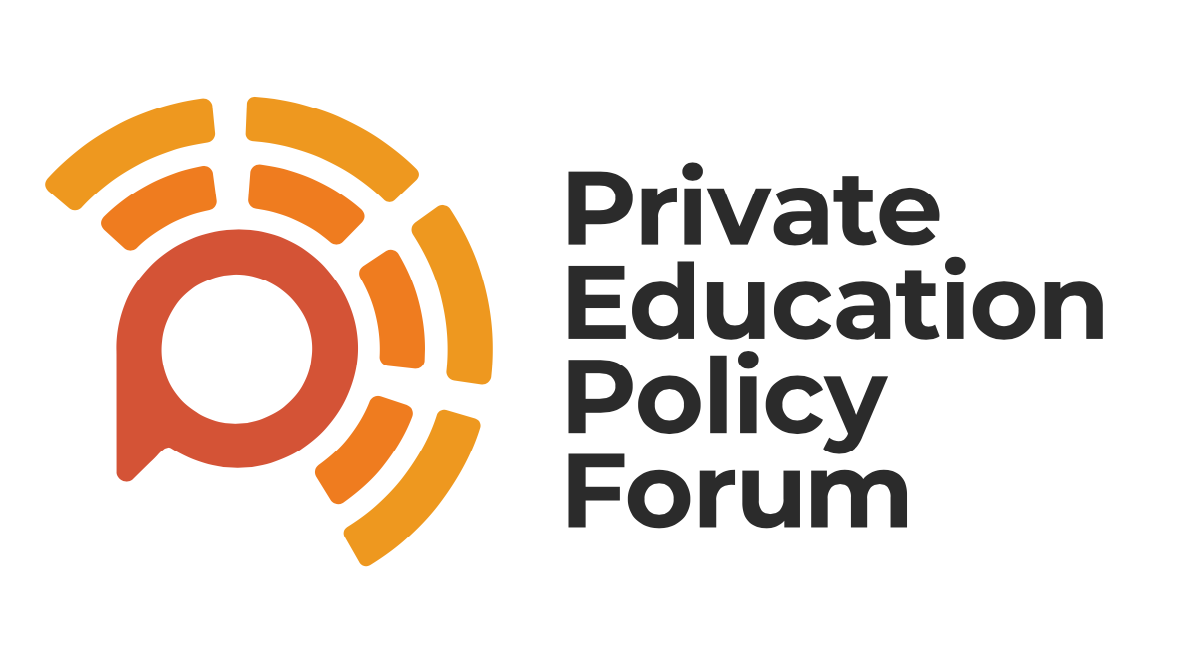
Sophie Sandor
By crowding out the private sector, the state has, for some time now, been making it difficult for the best ideas to flourish, and easy for bad ideas to stick. For those who would like to see the private schools sector eradicated, this is heresy.
But by employing economic thinking, it is easy to see why.
Jamie Whyte, an economist, puts it this way. He asks us imagine what would happen if food were supplied in the same way as education. That is, imagine what would happen if, like with schools, supermarkets were free at the point of use after we had been taxed to pay for them.
The profit motive is removed and the producer supplies what they want the consumer to have — not necessarily what the consumer actually wants.
Of course, what would happen is private supermarkets would emerge for the wealthy, who could afford to pay for food twice over (both through taxation and by shopping in private supermarkets). Just as we currently have with state schools and private schools.
Many would inevitably be unhappy with what the state food sector offered, but only the wealthiest could afford to rectify this by turning instead to the private sector for some or all of what other food they wanted.
Thinking like an economist when we consider the education system makes it clear why it’s not about the money, but about incentives.
Currently, without the profit motive, “it becomes a bit like charity” Whyte says – “and the funny thing about charity is that what you get is the preference of the supplier, the do-gooder”.
This is the case put forward in my new documentary, Teaching the Poor to Fail. It’s about why the poorest get the worst deal out of the UK’s education system.
I grew up in Ayr in Scotland, and attended one of its worst-performing secondary schools. Thus my interest in education policy was piqued at the age of 11.
In Teaching the Poor to Fail, viewers hear from schools behaviour specialist Tom Bennett, free school founder and headmistress Katharine Birbalsingh, cultural critic and psychiatrist Theodore Dalrymple, low-cost private schools founder Professor James Tooley, economist Jamie Whyte and commentator and free school founder Toby Young.
Each explains how the state education system is holding back the poorest children in the UK.
To be clear, they are not all advocating for-profit private schools, but they do all put forward the ways in which this system-wide, one-size-fits-all approach is not only inherently bad, but is hitting poorest children the hardest.
Dalrymple explains “if you have a system which tries to be universal, it will aim low universally.
“The only way that people can overcome that low level that is expected is by personal activity. For those children who do not have the advantage of a good home, or good parents who are ambitious, they are stuck with what they get.
“In other words, people are cemented into the level of society in which they find themselves born”.
We learn from Birbalsingh that “it’s not about money, it’s about ideas, and the ideas that are in the current education system are preventing real growth”.
Bennett says: “Schools with the highest levels of socioeconomic poverty frequently run out of money the fastest because they’re having to do more. If they’re not doing the right things, all the money they spend on these children won’t have any effect”.
Meanwhile Young, who co-founded West London Free School, says: “If you measure the success of secondary schools by the Progress 8 measure, free schools last year topped the league table.
“That is to say, 11-16-year-olds made more progress relative to their starting points in free schools on average than at any other type of school in England”.
Free schools were a policy that enabled entrepreneurial educationalists to step in — without having to face some of the typical bureaucracies someone wishing to set up a school may face in a country like the UK.
Birbalsingh knows this well, as the founder and headmistress of Michaela Community School, a free school.
Its first ever GCSE cohort achieved amongst the highest Progress 8 score in the country as a result of their no-excuses culture, strong discipline structures, and traditional teaching methods. You can be inspired by her approach in Birbalsingh’s latest book The Power of Culture.
Tooley, who is author of The Beautiful Tree (and has written previously in PEPF here), also shares his expertise on low-cost private schools across the developing world and now in the UK with his new low-cost private school, The Independent Grammar School Durham.
Tooley delivers a brief history of the government’s involvement in the education system, explaining “before the government got involved in education 1870, there was a thriving private sector”.
As I have argued elsewhere, the saddest fact of the current system is that the number of pupils from underprivileged backgrounds is disproportionately high in failing state schools – just like the one I went to.
One of the main reasons for this is that in a state-run system you can’t eliminate pricing.
Whyte has pointed this out in a talk he gave at the Institute of Economic Affairs’ annual Think conference.
You can try to get rid of markets in the state sector, but it almost never works.
In education, this unavoidable truth manifests itself in house prices as opposed to school fees. When there is a high-quality school in one area it earns a reputation, and parents want to move there.
Then demand for houses in that area shifts upwards, and it swiftly becomes a pocket of wealthier families attending good schools.
So objecting to the expansion of private schools because they are elite or undermine equality is absurd.
If everyone had the opportunity to attend a private school then, by definition, they couldn’t be elite.
The better services provided by many private schools are only regarded a luxury because so few have access to them at the moment. We no longer think that way about iPhones or air travel, which almost everyone can enjoy today.
As Joseph Schumpeter said: “The capitalist achievement does not typically consist in providing more silk stockings for queens, but in bringing them within reach of factory girls”.
Yet the irony of the current system is completely lost on those promoting it. Far from achieving its aim of providing an equal education for all, quelling choice and competition has wedged a divide between the educations of the least well-off and everyone else.
Instead special measures schools fall into a negative spiral, stigmatised and hand-held through numerous government support measures, while the “socialist Etons” are celebrated, growing ever-more attractive and expensive to live near.
I urge Conservative politicians, as I have before, to deliberately use the virtues of the market to accelerate competition and innovation.
We need a policy that will incentivise for-profit organisations to set up schools.
Sophie is a freelance writer and film director/producer. Previously, Sophie was a research associate at the Adam Smith Institute and programmes manager at the Institute of Economic Affairs.




There’s so much misdirection, inaccuracy and rubbish in this article, I feel the need to address it.
1. The state school sector doesn’t ‘crowd out’ the private sector, it’s just the fees are unaffordable to 93% of the UK population, so creating by design an elitist, two-tier education system.
2. ‘If food were supplied in the same way as education’. There are over 2,000 food banks in the UK, giving out free food to 8.4million people living in food poverty. Probably not a model we want to follow for education.
3. The ‘profit motive’ – 75% of private schools (including Eton & Harrow) are charities, so exist for ‘public benefit’, not profit.
4. ‘Air travel….almost everyone can enjoy’. In 2018, 48% of the UK didn’t take a flight anywhere! Hardly almost everyone….
5. Let’s think about what the free market did to the financial services sector. In the 1980s, deregulation of the financial sector led to great ideas in generating more and more money, which culminated in the financial crash of 2007. This is how a free market operates – boom and bust. Not something I want for my children’s education, thanks.
6. The real issue with this article is relating the failings of the state sector to the private sector. The failings of the state sector (and I agree, there are many) are due to government policy, the private sector does not and should not affect government handling of the state sector. The private sector and its dominance in positions of power and influence in the UK creates the issue of massive inequality in this country, which is a separate issue to state sector malfunction.